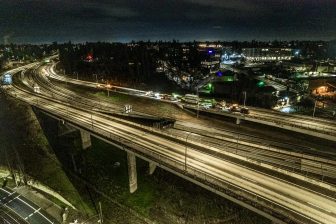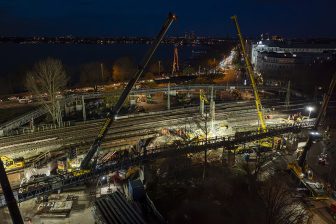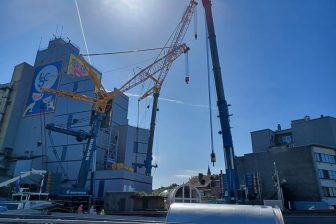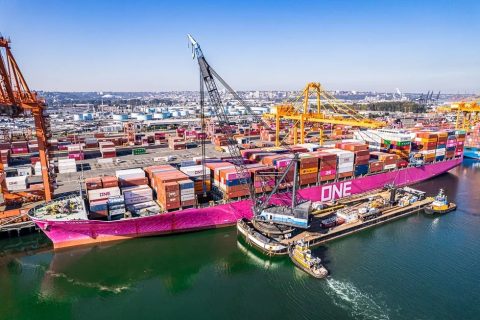
The path of a transformer
As the power capacity expansion in the United States progresses, Omega Morgan have been called in to make sure a 255,000-pound (116 tonne) transformer makes its way to a power station in Central Point, Oregon. The aim was to bring the unit to its pad before the facility expansion is complete.
Omega Morgan noted that getting the transformer and its accessories to the Port of Tacoma was straightforward enough, except that the port had no rail or barge facilities to finish the journey. Therefore, the freight forwarder turned to Omega Morgan’s specialised transportation crew.
Heavier than planned
Omega Morgan kick started the pre-transport process, applying for the necessary permits and receiving them from the Oregon Department of Transportation (ODOT) and the Washington State Department of Transportation (WSDOT).
The company then built the transport configuration and completed the route survey, however, a change had to be made to the application as the transformer was heavier by 13,000 pounds then applied for. This information came through only two weeks before the ship’s arrival, requiring new permits and a flexible strategy for transportation.
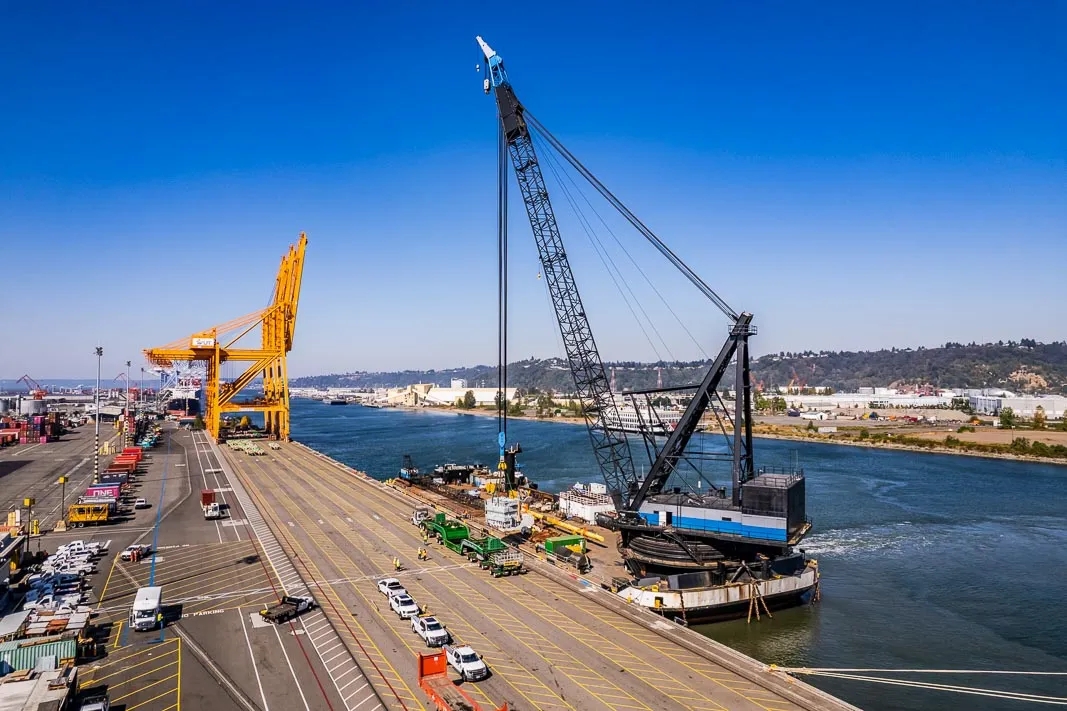
Adapting the plan
The wait for new permits meant that upon arrival of the vessel at the Port of Tacoma, Omega Morgan teams had to move the transformer to a designated space at the port of wait. However, the accessory containers were moved to the company’s Fife yard, with a partner carrier then moved the units to the Central Point station.
Read also: Booming transformers market is a fresh challenge for the shipping industry
As the permits came through for the transformer, Omega Morgan specialised transportation team adapted the plan to accommodate where and when it could move the component to efficiently proceed with the project. Finally, the crew took the three-night journey to the pad and confronted a new challenge upon arrival.
Over the course of a week, the crew not only jack and slid the massive transformer onto the pad, but Omega Morgan had to first alter the pad’s surface to do so. Finally, once the component had been set on the pad, the team offloaded the previously delivered accessory crates.
You just read one of our premium articles free of charge
Register now to keep reading premium articles.


